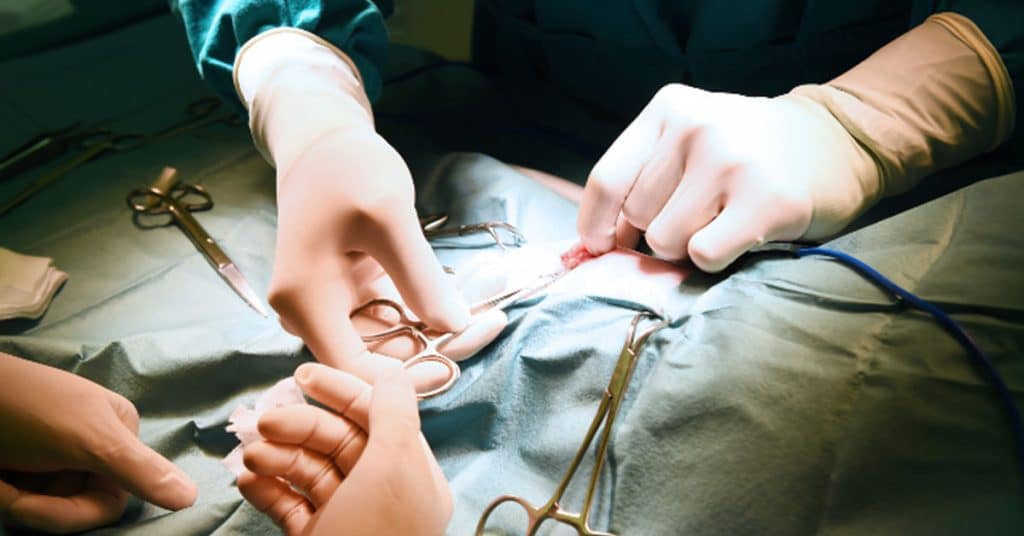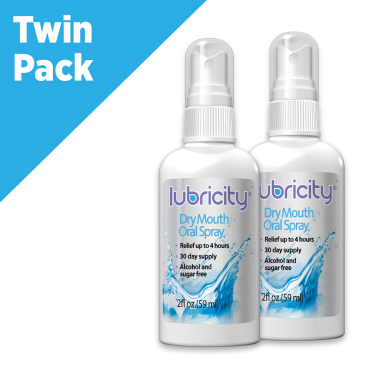Bariatric surgery has emerged as a popular and effective solution for individuals struggling with obesity. This life-changing procedure helps people achieve significant weight loss, improve overall health, and enhance their quality of life.
However, like any surgical intervention, bariatric surgery can lead to certain side effects, and one of the commonly reported issues is dry mouth. In this article, we will explore the reasons behind dry mouth after bariatric surgery and discuss how to manage this condition effectively.
What is Bariatric Surgery
Bariatric surgery is a surgical procedure performed to aid weight loss in individuals who are severely overweight or obese. There are different types of bariatric surgeries, including gastric bypass, sleeve gastrectomy, and gastric banding.
These surgeries work by either restricting the size of the stomach or altering the digestive process, resulting in reduced food intake and improved weight management.
How Bariatric Surgery Triggers Dry Mouth
After undergoing bariatric surgery, some patients may experience dry mouth, also known as xerostomia. This condition occurs when there is a reduced flow of saliva in the mouth. Saliva plays a crucial role in maintaining oral health by aiding digestion, neutralizing acids, and preventing cavities and tooth decay. After bariatric surgery, some individuals may experience a decrease in saliva production due to various factors.
Firstly, the altered anatomy of the digestive system can affect the signals sent by the brain to the salivary glands, leading to reduced saliva production. Secondly, reduced food intake and changes in eating habits can contribute to dry mouth. Lastly, dehydration, which can occur as a result of limited fluid intake or increased water loss during the initial recovery period, can exacerbate the dry mouth sensation.
Causes of Dry Mouth after Bariatric Surgery
Dry mouth after bariatric surgery can be attributed to various factors, each backed by scientific evidence. Firstly, the surgical procedure itself can cause temporary damage to the salivary glands, leading to reduced saliva production. Studies have shown that these glands may experience trauma due to surgical manipulation, resulting in decreased saliva flow.
Additionally, significant weight loss following bariatric surgery can affect the body’s fluid balance and contribute to dry mouth. Research suggests that rapid weight loss leads to a decrease in total body water, potentially impacting saliva production and causing dry mouth symptoms.
Furthermore, certain medications that are commonly prescribed after bariatric surgery may have dry mouth as a side effect. Medications such as pain relievers, diuretics, and antidepressants have been linked to decreased saliva flow. It is essential for healthcare providers to consider the potential impact of these medications on dry mouth symptoms and explore alternative options when possible.
The Impact of Dry Mouth: Understanding the Consequences
The consequences of dry mouth after bariatric surgery extend beyond mere discomfort. Without adequate saliva, the mouth becomes more susceptible to tooth decay, gum disease, and oral infections.
A study published in the Journal of Oral and Maxillofacial Surgery found a higher prevalence of dental caries in patients who underwent bariatric surgery compared to a control group. A dry mouth can also lead to difficulties in speaking, swallowing, and tasting food, significantly impacting one’s quality of life.
Managing Dry Mouth After Bariatric Surgery
Although dry mouth can be uncomfortable, there are several measures individuals can take to alleviate this condition. One effective approach is to use Lubricity Dry Mouth Oral Spray specifically designed for dry mouth relief. This spray contains moisturizing ingredients that help lubricate the mouth, providing temporary relief and enhancing saliva production. Additionally, staying hydrated by drinking plenty of water throughout the day is crucial in maintaining adequate saliva flow.
Maintaining good oral hygiene is also vital. Brushing your teeth regularly with fluoride toothpaste and using fluoride mouthwash can help prevent dental issues associated with dry mouth. Chewing sugar-free gum or sucking on sugar-free candies can stimulate saliva production as well. Avoiding tobacco and alcohol, as they can further contribute to dry mouth, is essential.
If dry mouth persists or becomes severe after bariatric surgery, it is advisable to consult a healthcare professional. They can evaluate the specific circumstances and provide appropriate guidance and treatment options.
Embracing a Brighter, Moisturized Future
After undergoing bariatric surgery, it’s not uncommon for individuals to experience a dry mouth as a side effect. Understanding the scientific factors behind this condition and implementing evidence-based solutions can help patients effectively manage dry mouth symptoms and maintain good oral health.
Valuable strategies include staying hydrated, using sugar-free gum and candies, and incorporating specialized oral sprays into daily routines. Successful management of this condition and ensuring optimal post-bariatric surgery outcomes require a collaborative effort between patients and healthcare providers.
Lubricity is a Proud Supporter of the
What do customers say about Lubricity Dry Mouth Spray?













